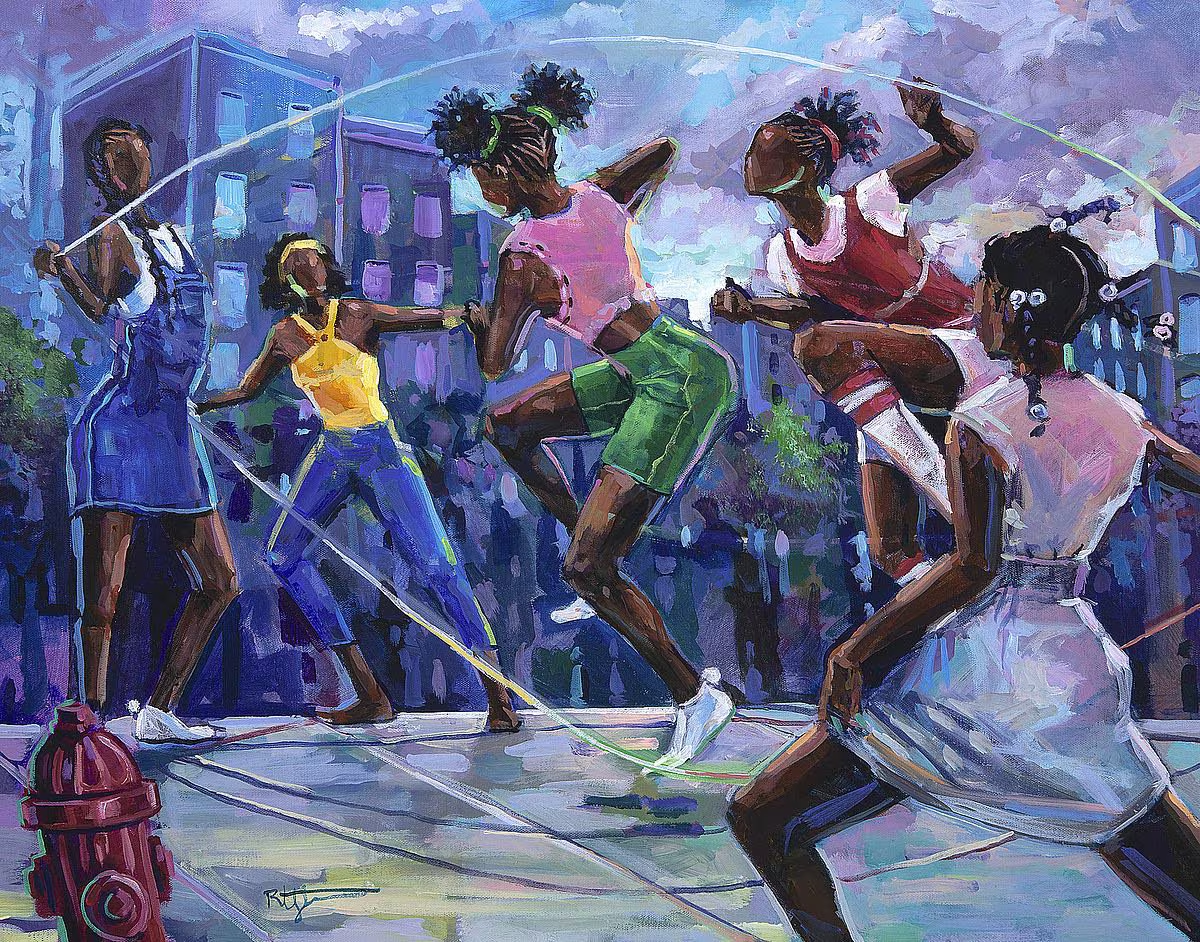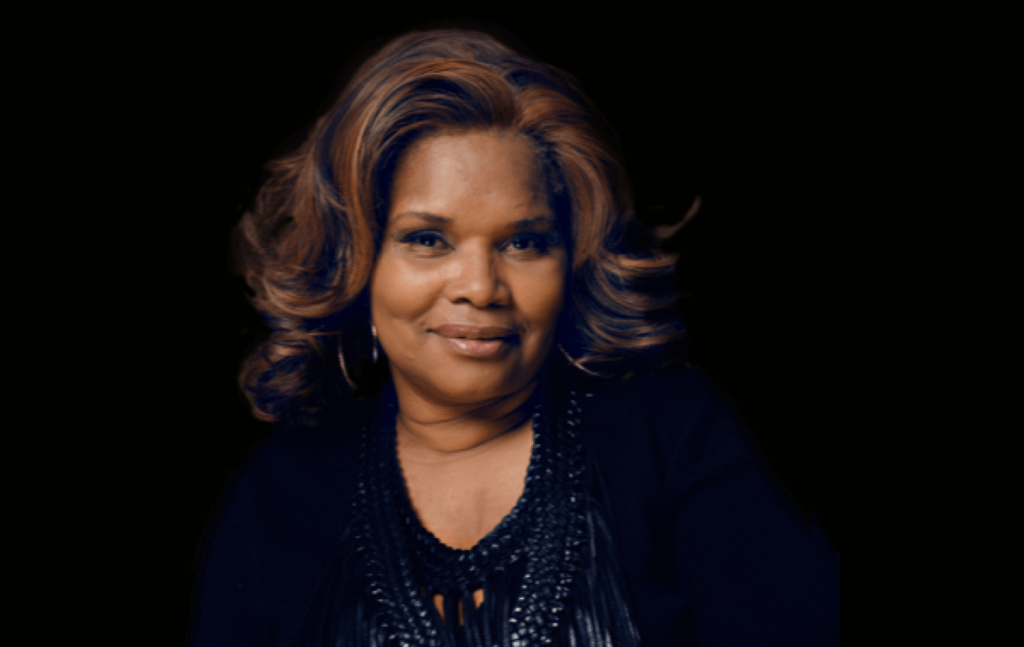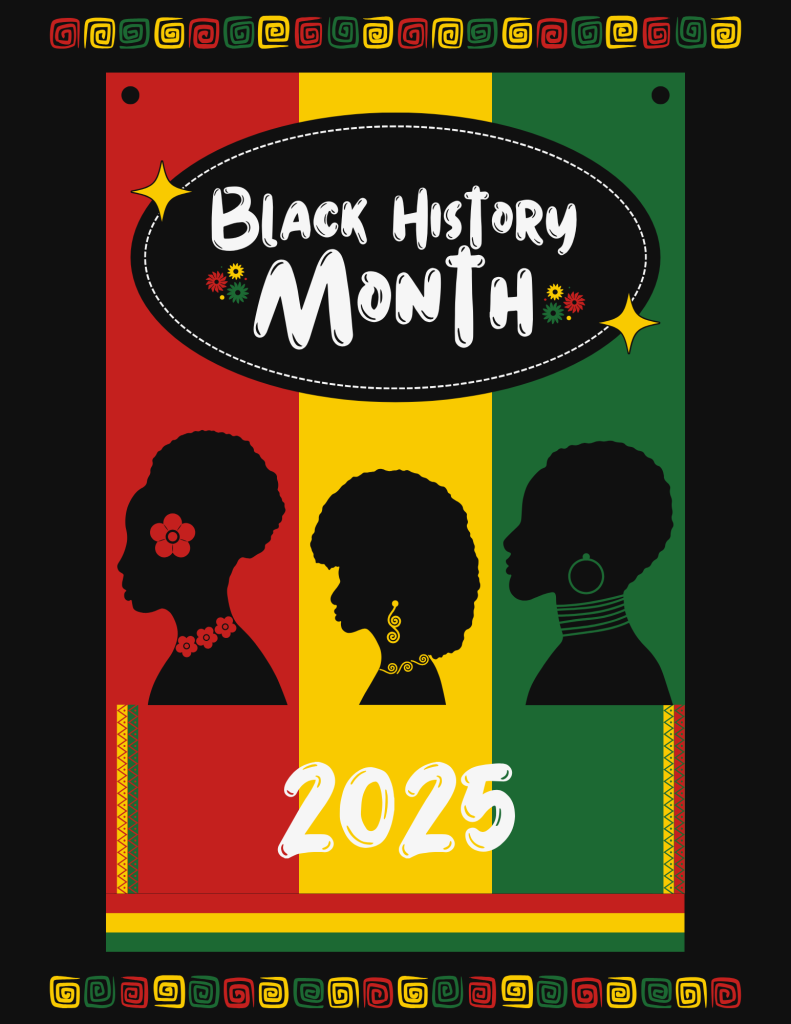A Time to Reflect
February marks Black History Month—a time to celebrate the profound legacy of Black culture, resilience, and achievement. But it’s also a time to confront the challenges still faced by Black communities, particularly Black women, who remain disproportionately impacted by human trafficking. The exploitation of Black women is a painful thread woven into the fabric of American history—rooted in the era of slavery and continuing through modern-day trafficking. Historically, Black women were treated as property—bought, sold, and exploited. These enduring patterns of abuse have left a deep mark, contributing to the vulnerabilities many Black communities still face today.
At Community Against Sexual Harm (CASH), we are unwavering in our commitment to addressing these disparities. Since 2008, we have been a safe haven for women in Sacramento, especially within the Black community, who make up a higher proportion of the people we serve. This month, as we honor Black history, we also renew our commitment to breaking the cycle of harm and offering the healing, support, and resources that are so crucial to those most affected.
Understanding Human Trafficking in the Black Community
Human trafficking preys on those most vulnerable—especially those grappling with economic hardship, past trauma, and abuse. Tragically, Black victims of trafficking often face unique challenges, such as racial discrimination and the lack of culturally competent support services. Although Black individuals make up only 13-14% of the U.S. population, they represent nearly 40% of trafficking victims. Black women are 2-3 times more likely to be trafficked than their white counterparts, and according to the Polaris Project, Black victims of sex trafficking are more likely to be criminalized and less likely to receive the care and support they desperately need.
Even more alarming is the exploitation of Black children. The National Center for Missing & Exploited Children (NCMEC) reports that Black children also account for nearly 40% of all child sex trafficking victims, even though they make up only 14% of the population. Studies show that traffickers often target Black girls through online platforms, preying on their insecurities and lack of resources. With 65% of sex trafficking cases involving online recruitment, Black children are disproportionately targeted in this way. This stark disparity highlights the urgent need for greater focus on the vulnerabilities of Black youth. For more information on protecting children from trafficking, visit NCMEC’s NetSmartz.

Black Women Leading the Charge
For decades, Black women have been at the forefront of the battle against human trafficking, leading the charge through advocacy, community education, and an unwavering commitment to supporting survivors. Their leadership has been instrumental in shaping the anti-trafficking movement, ensuring that the lived experiences of survivors are at the heart of the conversation.
Two trailblazers who come to mind are Brenda Myers-Powell and Marian Hatcher—both survivors who have used their personal experiences to drive systemic change. Brenda, a Chicago native and co-founder of the Dreamcatcher Foundation, has dedicated her life to advocating for those who have been exploited. She emphasizes a survivor-led approach, calling for policies that prioritize the dignity of those affected and arguing for partial decriminalization—ensuring that those who are exploited are never treated as criminals.

Marian, a survivor and leader in the fight against trafficking, has worked tirelessly to bridge the gap between survivors and law enforcement. As a civilian member of law enforcement and a U.S. representative for SPACE International, Marian has pushed for critical legislative reforms, helping to elevate the voices of survivors within the legal system. Through her tireless work, she continues to advocate for survivors and ensure that they are heard and respected in the fight for justice.

These women, and so many others, are not only breaking down barriers—they are ensuring that the voices of survivors remain central to the movement, shaping a future that is survivor-centered and committed to long-term, meaningful change.
A Call to Action: Standing United Against Trafficking
Traffickers employ various tactics to manipulate and control their victims—known as “red flags.” These include withholding pay, constant surveillance, restricting movement, and emotional or physical abuse—all designed to instill fear and maintain power. The relationship between traffickers and their victims is rooted in manipulation and violence, keeping victims trapped in a cycle of exploitation.
While raising awareness is a crucial first step in addressing trafficking, lasting progress requires collective action. Communities, law enforcement, organizations, and individuals must unite in the fight against this pervasive issue. Each of us has a role to play—whether through education, supporting survivors, or remaining vigilant. One of the most impactful actions we can take is recognizing and reporting suspicious activity. If something doesn’t feel right, speaking up could make all the difference.
As we reflect on the resilience of the Black community this month, we are reminded not only of the victories won in the fight for justice and equality but also of the work that remains. The battle against trafficking is part of that ongoing struggle, and it is imperative that we continue to raise awareness, advocate for systemic change, and take decisive action. We honor this history by ensuring that Black women and children—those most vulnerable to exploitation—are protected and supported.
Together, through education, advocacy, and community action, we can begin to break the cycle of exploitation and create a world where all children—no matter their background—can grow up safe, free from the horrors of trafficking.
Want to Help Black Women Directly This Month?
As we celebrate Black History Month, we remain committed to addressing the systemic inequalities that leave Black women particularly vulnerable to exploitation. Your donations provide essential resources, care, and empowerment to these women in our community. By supporting CASH, you are directly contributing to the fight against exploitation in Sacramento. Together, we can create meaningful change.
Looking Ahead
As we reflect on the progress we’ve made, we are deeply grateful for the support of our partners, the dedication of our staff, and, most importantly, the strength and courage of the survivors we serve. Our work is far from over. We are more committed than ever to creating a community where survivors of sex trafficking can heal, thrive, and achieve their fullest potential.
Thank you for being part of this vital work. Together, we can make a difference.
Warm regards,
The Team at Community Against Sexual Harm (CASH)

